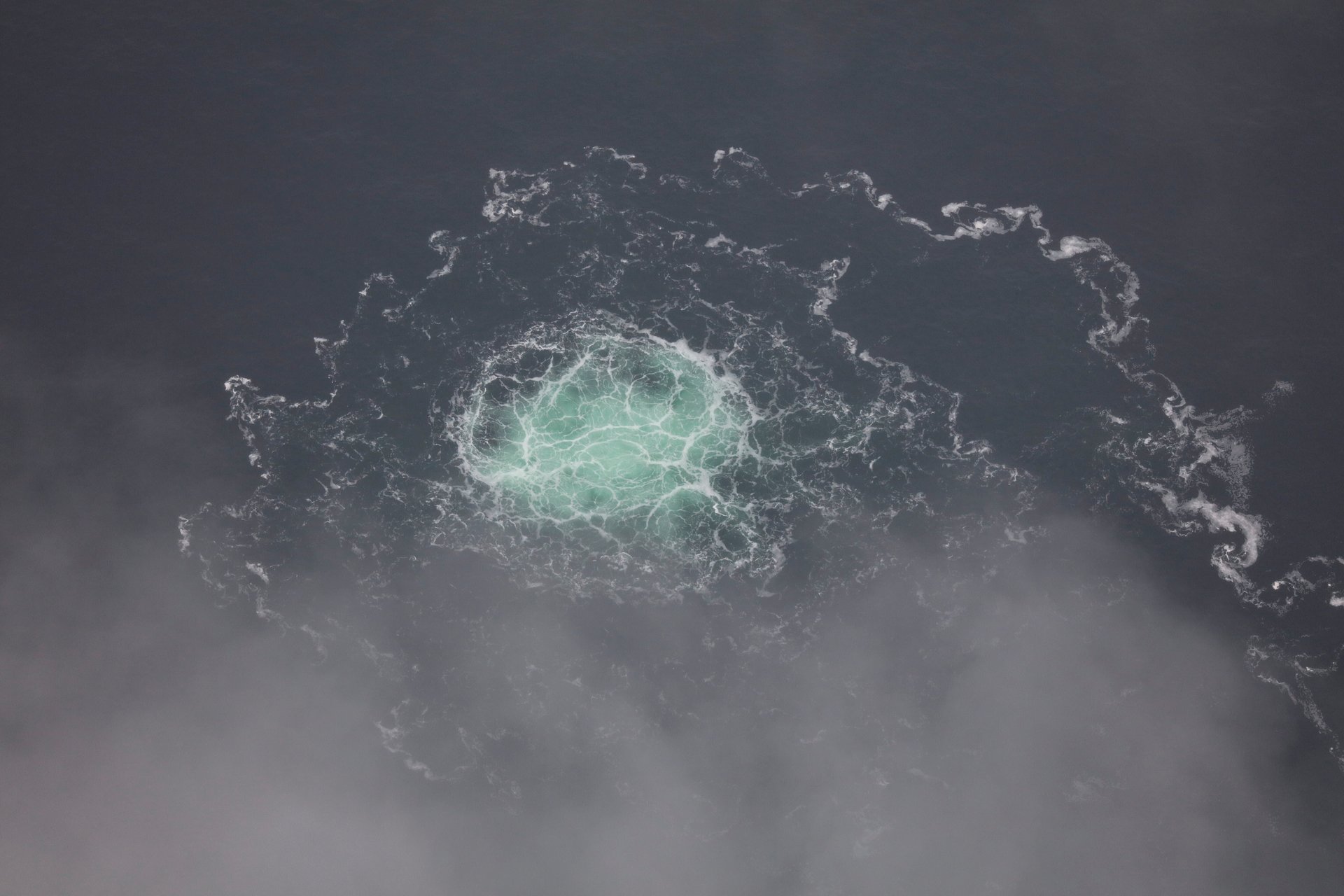6 northern European nations sign a deal to protect North Sea infrastructure from hostile actors
Six northern Europe countries bordering the North Sea have signed an agreement to work together to protect underwater infrastructure in the northern part of the Atlantic Ocean from an increased risk of sabotage

COPENHAGEN, Denmark (AP) — Six northern Europe countries bordering the North Sea said Tuesday that they have signed an agreement to work together to protect underwater infrastructure in the northern part of the Atlantic Ocean from an increased risk of sabotage.
Suggested Reading
The Danish Ministry for Climate, Energy and Utilities called the North Sea a hub for critical infrastructure that connects Europe through electricity cables, gas pipes and telecommunications connections and is an important source of renewable energy.
Related Content
“An increasing mutual dependence across borders has arisen — and with it an increased risk of sabotage and unwanted attention from hostile actors," the Danish ministry said.
The move comes after the yet-unsolved 2022 explosions that damaged the Nord Stream gas pipelines in the Baltic Sea. They occurred in international waters but within Swedish and Danish economic zones. Both countries have closed their probes into the blasts.
The explosions ruptured the Nord Stream 1 pipeline, which was Russia’s main natural gas supply route to Germany until Russia cut off supplies at the end of August 2022. They also damaged the Nord Stream 2 pipeline, which never entered service because Germany suspended its certification process shortly before Russia invaded Ukraine in February that year.
“The North Sea has the potential to become the cradle of a renewable and secure energy supply in Europe, while supporting the road to a fossil free future,” said Denmark’s Climate, Energy and Utilities Minister Lars Aagaard. The six countries — Denmark, Belgium, Britain, Germany, Norway and the Netherlands — “must stand united and coordinated in our efforts to protect critical infrastructure across borders. This understanding is an important step in that direction.”
The cooperation will include reviewing current protection and resilience measures, sharing information and knowledge, and reporting relevant information on an operational level, the Danish ministry said in a statement. "Additionally, the cooperation relies on the relevant work tracks within the EU and NATO," it said.
In May 2022, Denmark, Belgium, the Netherlands and Germany said they planned to speed up the continent’s green transition and help wean it off Russian energy imports through a large new project to build wind farms in the North Sea. Danish Prime Minister Mette Frederiksen said they want to increase the total offshore wind capacity fourfold by 2030 and tenfold by 2050. The plan is to provide energy to 230 million European households.